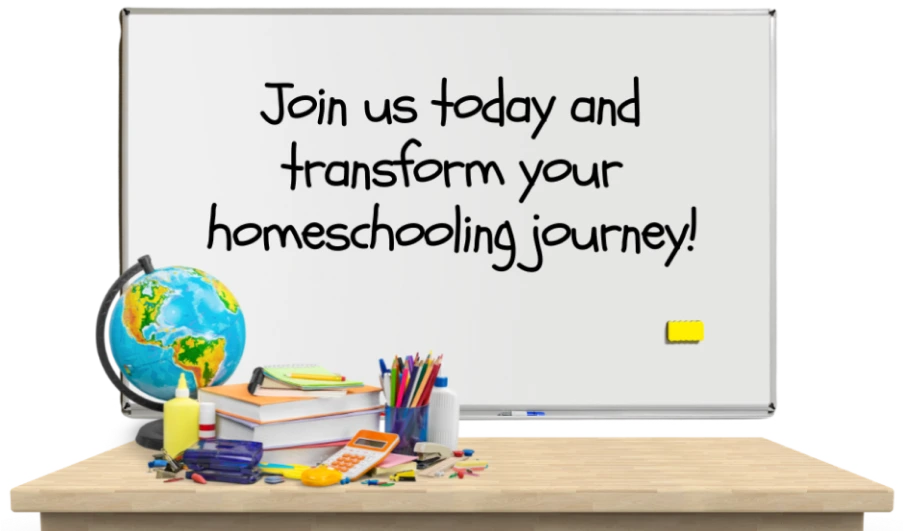The unschooling method is a unique approach to education that diverges from traditional schooling norms by allowing children to learn through life experiences, curiosity, and self-directed activities. Rather than following a structured curriculum or set schedule, unschooling emphasizes learning that is driven by the child’s interests and natural inclinations.
Unschooling is about trusting the natural learning process and recognizing that education doesn’t only happen within the confines of a traditional classroom. It’s a lifestyle that celebrates curiosity, fosters independence, and embraces the joy of learning in its most organic form. In an unschooling environment, learning is effortlessly integrated into everyday activities. There are no distinct boundaries separating “learning time” from “playtime”; instead, learning occurs naturally and continuously as part of living. This method emphasizes that education should not be confined to rigid schedules or predefined rules but should be a fluid and dynamic process driven by the child’s curiosity and interests.
The term “unschooling” was coined by John Holt, a former schoolteacher who became disillusioned with the conventional school system due to its inflexibility. Holt advocated for an educational philosophy that grants children as much freedom as possible to learn without the constraints of unnecessary rules, procedures, and busywork. By embracing this approach, unschooling aims to cultivate a love for lifelong learning, empowering children to explore the world around them with enthusiasm and independence.
For detailed guides, resources, and activity ideas, explore our Homeschool Resource Blog.
Children take the lead in their educational journey, selecting topics and activities that spark their curiosity and enthusiasm.
Education occurs organically through everyday activities such as cooking, gardening, traveling, reading, and social interactions.
There are no fixed schedules or rigid lesson plans. Learning can happen anytime and anywhere, adapting to the family's lifestyle and the child's needs.
Children delve deeply into subjects they are passionate about, which can lead to a more profound and engaged learning experience.
Parents act as facilitators rather than instructors. They provide resources, support, and guidance, helping to nurture their child's interests and development.
Practical, hands-on experiences are valued over traditional classroom-based learning, fostering skills that are directly applicable to everyday life.
By pursuing their interests, children develop a natural love for learning and become intrinsically motivated to explore new subjects.
Children progress at their own pace without the pressure of keeping up with a set curriculum or age-based grade levels.
Real-world learning encourages children to think critically, solve problems creatively, and apply knowledge in practical ways.
With parents involved as facilitators, unschooling often strengthens family relationships and fosters a supportive learning environment.
Children learn to adapt to various situations and environments, equipping them with resilience and flexibility for future challenges.
With an overwhelming number of curriculum options available for homeschooling, it can be challenging to make the right choice.
Subscribe to our FREE Bulletin for expert tips and advice on the Unschooling Method and more, helping you provide your child with the education they deserve!

